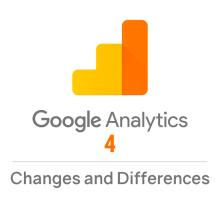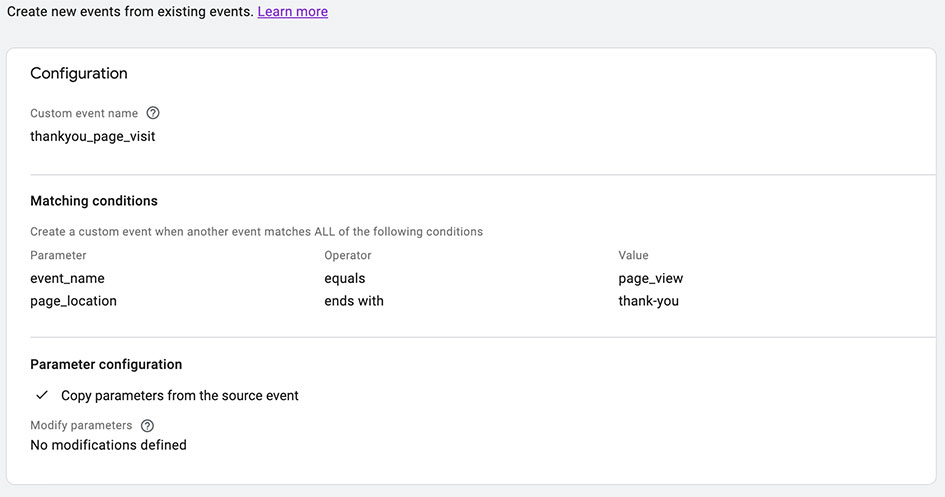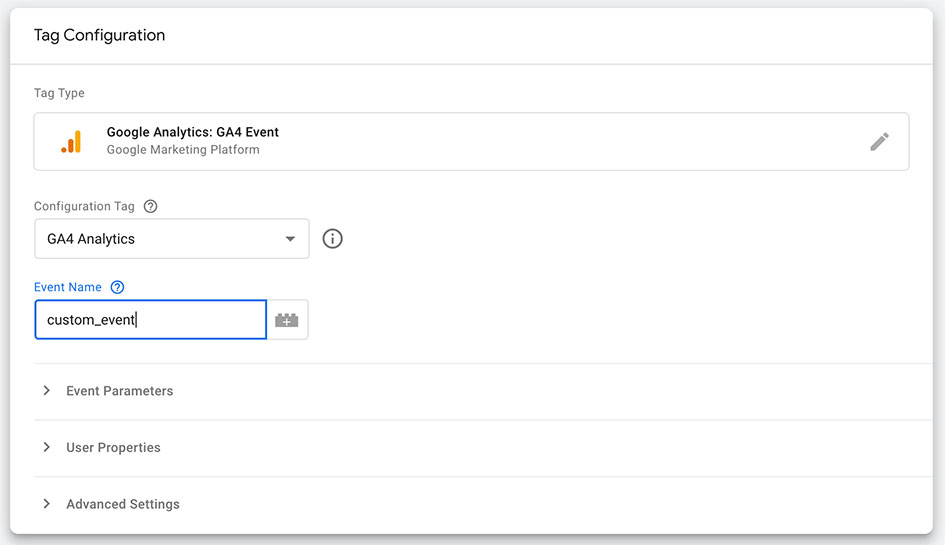
As of the last few months, many new regulations such as the General Data Protection Regulation (GDPR), California Consumer Privacy Act (CCPA), and App controversies like Apple requiring Apps to be more open about their data collection have changed how user data is collected and stored. These new regulations have made some web browsers change the way cookies are handled. In return, some of these changes have made users more aware of certain privacy concerns. In November 2020, Google released a new version of Google Analytics 4. The new Google Analytics 4 is built with the future in mind, working with or without cookies. Google Analytics 4 will provide more user-centric analytics across both websites and device applications. Let's take a look at some of the new features Google Analytics 4 has to offer.
Notable New Features
- Event Editing - Marketers will no longer need to wait on a developer to create and implement events using code. Events can now be created and implemented through the UI of Google Analytics with the assistance of Google Tag Manager.
- Data importing - Combine and compare the data from external tools. Google Analytics 4 comes equipped with the ability to import data from your website’s CMS (Content Management System) or business’s CRM (Customer Relationship Management).
- Cross-domain measurement - Track a user's activity across all of your domains easily through the UI with Google Analytics 4.
- Life Cycle Reporting - Default reports run off the life cycle of each user on your website. Before now, this data was only available for each user, per visit. Along with ecommerce reporting, this feature works to help you better analyze your sales funnels.
- Migration Tools - Google makes it easy to get started with GA4. The migration assistance will copy all applicable settings to your new GA4.
Google Analytics 4 Events
Google Analytics goals are now conversions and conversions are created from events. Any event can be set as a conversion from the UI. Google Analytics 4 comes out of the box with a list of 5 events that are automatically tracked. Default events included are:
- click
- first_visit
- page_view
- scroll
- session_start
Google Analytics 4 allows you to create custom events within the UI. This way you can create meaningful conversations that matter to your digital strategy goals. Custom events allow you to utilize the default events as parameters to create custom events. For example, the image below has a matching condition that uses the event_name that is equal to the default event page_view and has a page_location that ends with thank-you. This is an example of how you can utilize the default events included to create custom events.  As mentioned in above, Custom events can also be added directly to your site through the UI with the help of Google Tag Manager. The image below adds a tag type that is Google Analytics: GA4 Event. The event name added here can then be used to trigger a custom event inside of Google Analytics. Inside of GA4, a custom event will be set up that has a matching condition event_name that equals the event name added within Google Tag Manager event tag type.
As mentioned in above, Custom events can also be added directly to your site through the UI with the help of Google Tag Manager. The image below adds a tag type that is Google Analytics: GA4 Event. The event name added here can then be used to trigger a custom event inside of Google Analytics. Inside of GA4, a custom event will be set up that has a matching condition event_name that equals the event name added within Google Tag Manager event tag type. 
Smarter Insights & Machine Learning
Google Analytics 4 is built with a foundation in AI and machine learning. GA4 will be using its built-in machine learning to help identify trends based on the analytics to help you make informed decisions based on these trends found. In the previous section, we discussed events in GA4. GA4 provides a list of common events for common site types that you can utilize to create custom events. When these events are integrated into GA4, machine learning can provide better reporting and understanding of trends for your visitors. It’s important that before adding a custom event, you identify if GA4 has a common event type that can be used instead of a custom name event set by you. In some cases, a custom named event will be the correct configuration.
Customer-centric data
Reporting inside of GA4 has improved to provide marketers a better understanding of a user's interactions through the lifetime of a user. This reporting helps marketers track a visitor from acquisition to retention and conversion, giving your digital marketing team a full lifecycle view of a visitor. Check out our Digital Strategy chat where we covered Google Analytics 4.
